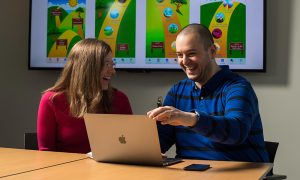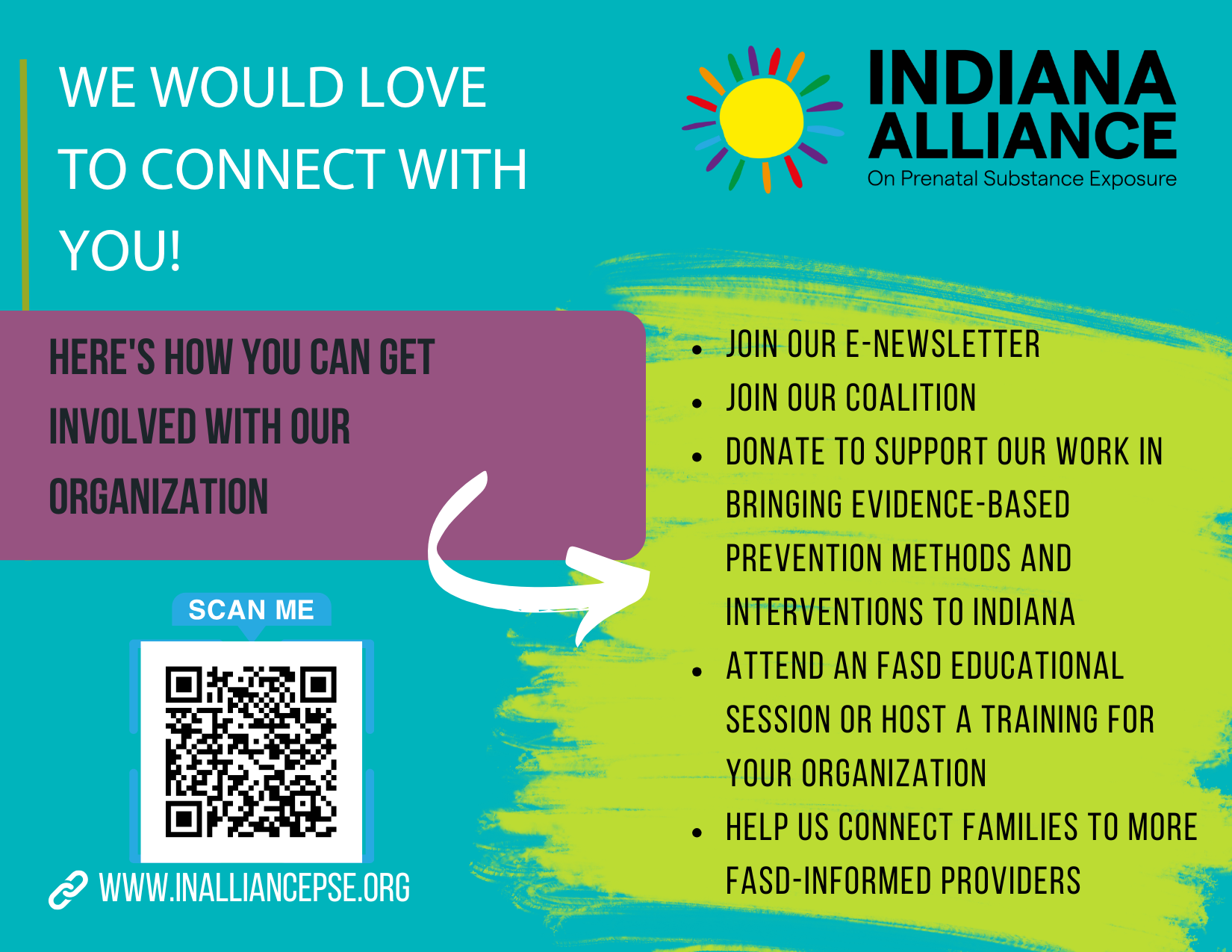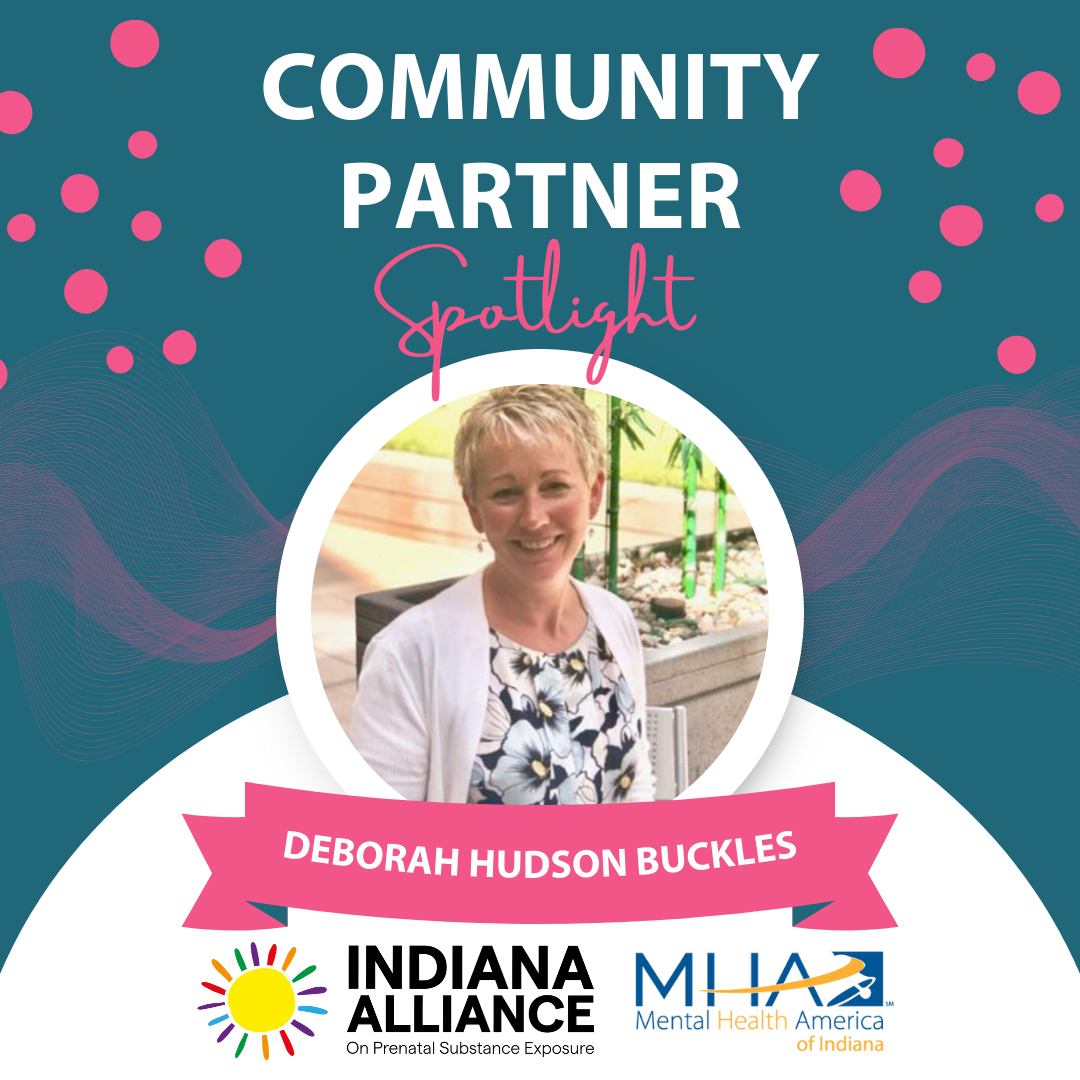
No discipline is an island.
After years of working with patients and researching fetal alcohol spectrum disorders (FASD), Christie Petrenko, a research associate at the University’s Mt. Hope Family Center, knew a mobile app might be just the tool she was missing in order to help families and caregivers of children with FASD. She wasn’t sure who might have the right technical expertise but knew fellow psychology researchers had forged connections with colleagues at the Hajim School of Engineering and Applied Sciences. Soon, she was introduced to Cristiano Tapparello, a research associate in the Department of Electrical and Computer Engineering. A team was born.
This past summer the newly-formed team were awarded a $1.5 million grant from the National Institutes of Health to develop an app that provides health information for self-directed and peer-to-peer interventions for parents and caregivers of children with FASD. The mobile health intervention will provide scientific, evidence-based content and peer-moderated support that’s easily accessible.
Earlier this month, the duo conducted initial focus group meetings with caregivers to show off their first prototypes and get input from those the app is designed to serve. Top of the list for parents: confidentiality, community, the ability to personalize information to their child, and, of course, ease of use.
Among other things, parents agreed with the researchers’ idea that the app should contain a caregiver forum to exchange ideas and local resources. The forum needs to feel safe and be moderated so that people can’t make inappropriate comments, they told the researchers. Also, focus group participants said they didn’t want to engage in endless scrolling on their screens to find the pertinent content.
To Petrenko and Tapparello this is vital feedback. Tapparello, who often uses his wife as a sounding board for his prototype apps, especially liked the parents’ feedback: “Getting a sense of how everything that I’m presenting with the design is perceived by different people is really helpful.”
The app is currently called “FMF Connect.” Its name is derived from the Families Moving Forward (FMF) Program, which was designed specially for children with FASD by co-investigator Heather Carmichael Olson, a clinical professor at the University of Washington and Seattle Children’s Research Institute.
Petrenko, a recognized expert in the field, has conducted multiple studies that have resulted in a program of interventions for parents and other caregivers of children with the disorder. The multidisciplinary team now hopes the app will help reduce caregivers’ feelings of isolation while providing reliable, evidence-based health information.
“Many families have little to no access to the kinds of information and parenting strategies that are most helpful in managing the behavior of children with FASD,” she says. “They need support from others who understand their experiences.”
The building of the app is a constant back-and-forth process, says Tapparello. Trained as a computer engineer with a much more theoretical focus, app building was not originally part of Tapparello’s professional repertoire. Sometimes he tinkered with apps for his own phone. What started as a hobby slowly began to seep into his professional life. After successfully writing apps to help parents manage their child’s asthma, and to improve medication compliance in oncology patients, he says it’s “fun to try to fulfill what other people find useful.”
At this point, the core content is written and basic design structures are in place, confirms Petrenko. More focus groups throughout the US are planned—in Rochester, Washington D.C., Atlanta, Minneapolis and San Diego—to elicit a wide range of perspectives and feedback.
The team is devoting a lot of time to building an interface that looks good and feels intuitive to the user. That’s why they aren’t rushing things. The first two years are earmarked for systematic development to “build a really nice prototype that’s thoughtful, easy to use, and hits just the right mark,” says Petrenko. The app will have learning modules, a library of resources and articles, a peer-moderated family forum, a notebook function for saving comments and ideas, and a dashboard that shows progress through the various learning modules. The researchers are also considering adding a medication tracker function after parents in the focus groups specifically asked for it.
“Having easy access to peers who really understand both the joys and challenges of raising children with FASD can help reduce feelings of isolation and increase support,” says Petrenko. “Caregivers can brainstorm together and reinforce educational content on the app to help each other come up with strategies to try to manage specific behaviors displayed by their children.”
Awarded over five years, the grant includes a subcontract with Seattle Children’s Research Institute. The first two years will be spent focusing on the app development. Year three is earmarked for a feasibility trial with 30 families, and years four and five are scheduled for a large-scale test with 120 families in a randomized controlled trial.
Co-investigators include Wendi Heinzelman, dean of the Hajim School of Engineering & Applied Sciences; Zhiyao Duan, assistant professor in the Department of Electrical and Computer Engineering; Elizabeth Handley, research associate at Mt. Hope Family Center; Rebecca Van Dyke, a master’s student in computer engineering; project coordinator Jennifer Parr, a master’s student in mental health counseling at the Warner School of Education, and Heather Carmichael Olson with the Seattle Children’s Research Institute and the University of Washington.
Credit / Sources
This article is from the University of Rochester’s online website.







